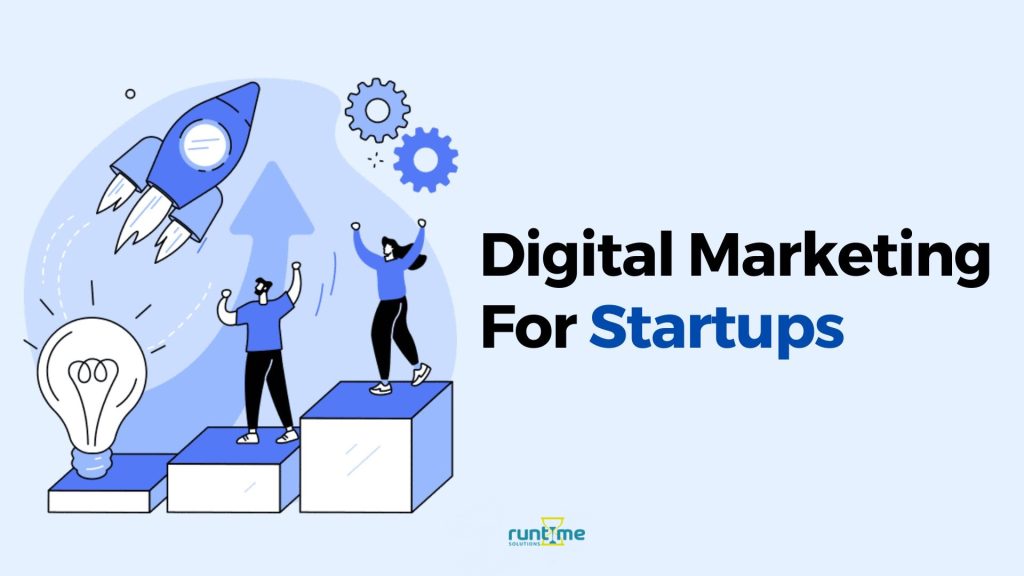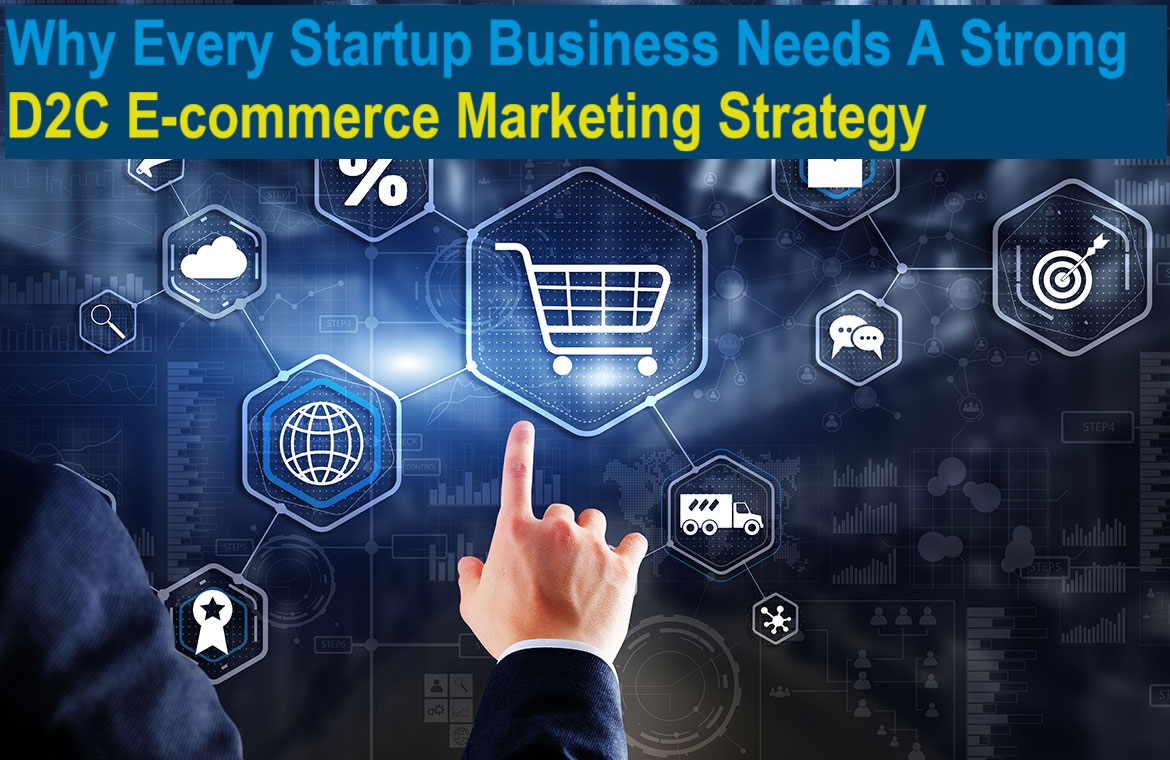In a contemporary society characterized by a rapidly moving digital platform and rampant consumer choice, Direct-to-Consumer (D2C) e-commerce marketing has become an essential tool for new businesses. Establishing an online store is one thing but building a brand, establishing direct contact with the customers, and creating an experience that resonates is another. So what exactly is this D2C e-commerce marketing and why must every startup have a strong strategy?
What is d2c e-commerce marketing?
D2C e-commerce marketing is a selling model where companies offer their items directly to consumers through online forums such as social media platforms and websites instead of relying on conventional retailing networks or middlemen. It allows startups to have a better say in branding, advertising, sales strategies as well as post-purchase customer service among other factors.
Eliminating intermediaries leads to increased profit margins for startups; they can sell at lower prices than established companies because they don’t need to pay retail markups and also maintain direct communication with their clients. Additionally, these companies get first-hand information on how best they can advertise their products, and improve upon them as per customer needs thus gaining more loyalty from them.
D2C E-commerce Marketing Strategy For Startup
Undoubtedly, every start-up needs a well-defined D2C e-commerce marketing strategy to enable it to efficiently maneuver in the competitive world. It helps them set specific goals, identify their target audience, and ensure that the marketing activities they carry out are effective.
Steps of Creating a D2C E-commerce Marketing Strategy
- Learn about your potential clients, competitors, and prevailing market trends
- Clearly define objectives for the e-commerce endeavors easier
- Creation of a unique value proposition to help set yourself apart from your competition.
- Use of captivating content for possible customers in line with your banding
- Track all your vital measurements and reshape plans using findings driven by data
- Fine-tuning the site: E-commerce Websites must be mobile responsive and user-friendly for effective search engine optimization.
- Social Media Marketing: Use Instagram, Facebook, or Twitter for amazing customer interactions.
- Email campaigns: Personalized or targeted emails should be sent to subscribers.
- Influencer Partnerships: Reach out to more people with the help of influencers raising your trust level.
Digital Marketing For Startups
Digital marketing is the umbrella term for multiple online methods used to amplify the sale of products and services such as SEO, content marketing, social networks, or paid publicity. In case you started a new venture recently, incorporating digital marketing is essential for making people recognize your brand; bringing in more customers’ contacts, and initiating buying processes.

Key Digital Marketing Techniques
- Search Engine Optimization (SEO): Modification of the website so that it appears as one of the first entries in search engine results pages when people search for something relevant.
- Content Marketing: Creating engaging content that grabs the attention of your target audience.
- Social Media Marketing: Connect with potential customers on social media platforms and create a community around your business with them.
- Pay-per-click (PPC) Advertising: Invest in adverts directed at a specific audience to increase traffic and conversions.
Advantages of Digital Marketing for Startups
- Cost-Effective: Gives room for flexible budgeting and targeted spending.
- Scalability: Allows businesses to increase their marketing efforts as they expand.
- Measurable Results: It offers comprehensive analytics to help track how effective campaigns are.
Why D2C marketing is important for E-commerce
Enhanced customer experience
D2C marketing allows for a more personalized and streamlined shopping experience, which can ultimately drive customer satisfaction and loyalty to great lengths.
Greater control over brand image
Startups can maintain a consistent and cohesive brand image by managing everything in the customer journey from the initial contact all the way to post-purchase follow-up.
Increased profit margins
When you sell directly to consumers, there’s no need anymore to share some of your sales with intermediaries; as such startups need to hold onto more revenue.
Direct feedback and data collection
This type of marketing gives these new businesses immediate feedback from their clients about them which is crucial for improving products or fine-tuning their marketing techniques.
Conclusion
To build a strong online presence in D2C e-commerce, it is imperative for any new company that wishes to accomplish this vision in the future. By comprehending the philosophies behind D2C marketing along with applying an all-rounded digital-marketing model, they will successfully connect with whom they target by building loyalty among consumers hence allowing businesses to grow sustainably.
Also Read: Why Digital Marketing is Essential for Business Growth in India’s Booming Economy
